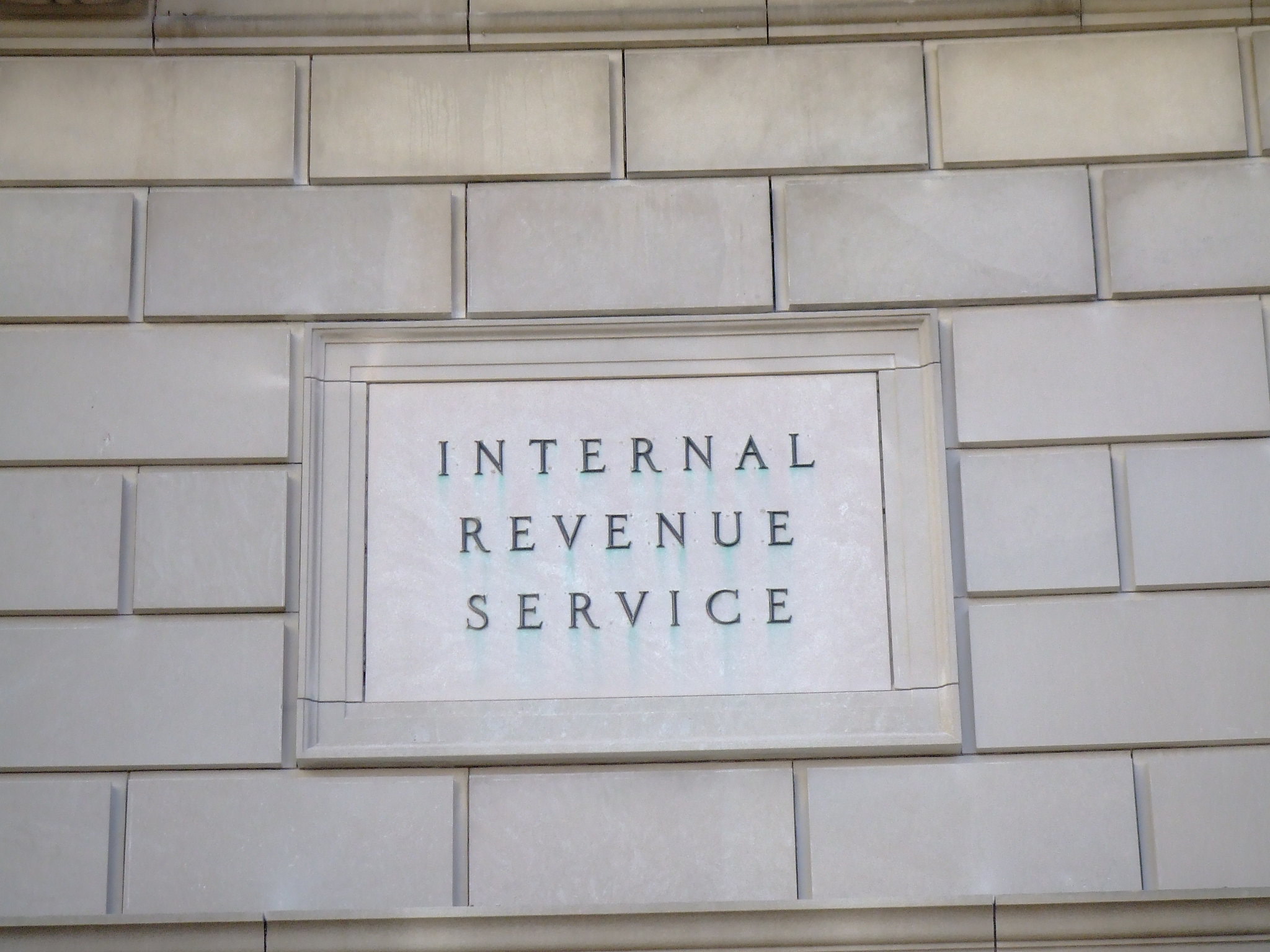Following weeks of Trump administration pressure on the Internal Revenue Service (IRS) to share legally protected tax data that potentially comes from undocumented immigrants, the acting commissioner of the IRS resigned from the agency this week — along with a sizable portion of the overstretched agency’s leadership.
Commissioner.Chief Financial Officer.Chief Legal Officer.Chief Risk Officer.Chief Privacy Officer.Chief of Staff.All out.www.nytimes.com/live/2025/04…
— Rachel Maddow (@maddow.msnbc.com) 2025-04-09T18:16:57.622Z
Federal law restricts the sharing of taxpayer data even between agencies of the U.S. government. One section of U.S. tax law stops the Treasury Department from providing taxpayer data for use in civil immigration-law enforcement. According to the Associated Press, tax law experts at New York University warned that “IRS officials who sign off on data sharing under these circumstances risk breaking the law, which could result in criminal and civil sanctions.”
@washingtonpost The IRS is nearing an agreement to allow immigration officials to use tax data to confirm the names and addresses of people suspected of being in the country illegally, according to four people familiar with the matter, culminating weeks of negotiations over using the tax system to support President Donald Trump’s mass deportation campaign. Under the agreement, Immigration and Customs Enforcement could submit names and addresses of suspected undocumented immigrants to the IRS to cross-reference with confidential taxpayer databases, said the people, who spoke on the condition of anonymity out of fear of professional reprisals. Normally, personal tax information — even an individual’s name and address — is considered confidential and closely guarded within the IRS. Unlawfully disclosing tax data carries civil and criminal penalties. However, tax information may be shared with other federal law enforcement under certain, limited conditions — and typically with approval from a court. It would be unusual, if not unprecedented, for taxpayer privacy law exceptions to be used to justify cooperation with immigration enforcement, the people said. The proposed agreement has alarmed career officials at the IRS, the people said, who worry that the arrangement risks abusing a narrow and seldom-used section of privacy law that’s meant to help investigators build criminal cases, not enforce criminal penalties. Caption from article by Jacob Bogage and Jeff Stein.
The administration went over agency leaders’ heads to get access to IRS data — forging an agreement instead between Treasury Secretary Scott Bessent and Homeland Security Secretary Kristi Noem to force the IRS to share information.
Undocumented immigrants pay $66 billion in federal taxes per year, but receive few benefits. Economists and researchers at the Yale University Budget Lab warned that giving IRS data to DHS would scare immigrants from parts of the workforce that participate in the tax system — costing the federal treasury more than $300 billion of lost revenue over 10 years.
For decades, undocumented immigrants have trusted the IRS when it encouraged them to file. They've paid taxes in good faith, contributing nearly $100 BILLION per year and supporting social services they can't even access. Not only is this a total betrayal, but it's also illegal. We'll fight this.
— Congressman Juan Vargas (@vargas.house.gov) 2025-04-08T18:48:32.230Z
People working in the United States without documentation have often paid taxes to demonstrate good moral character — and in the hope of either gaining access to citizenship or preventing deportation. Among benefits that undocumented residents pay into without receiving: Social Security, Medicare, the child tax credit, and the earned income tax credit.
First things first: the impact of folks not filing their taxes because they are afraid of deportation would be detrimental to our economy.www.politico.com/news/2025/04…
— Joaquin Castro (@joaquincastrotx.bsky.social) 2025-04-08T21:08:13.500Z
DHS has said it hopes to use information from the IRS to target as many as 7 million undocumented residents of the United States.
- Top I.R.S. Officials Said to Resign After Deal to Give ICE Migrants’ Data [The New York Times]


